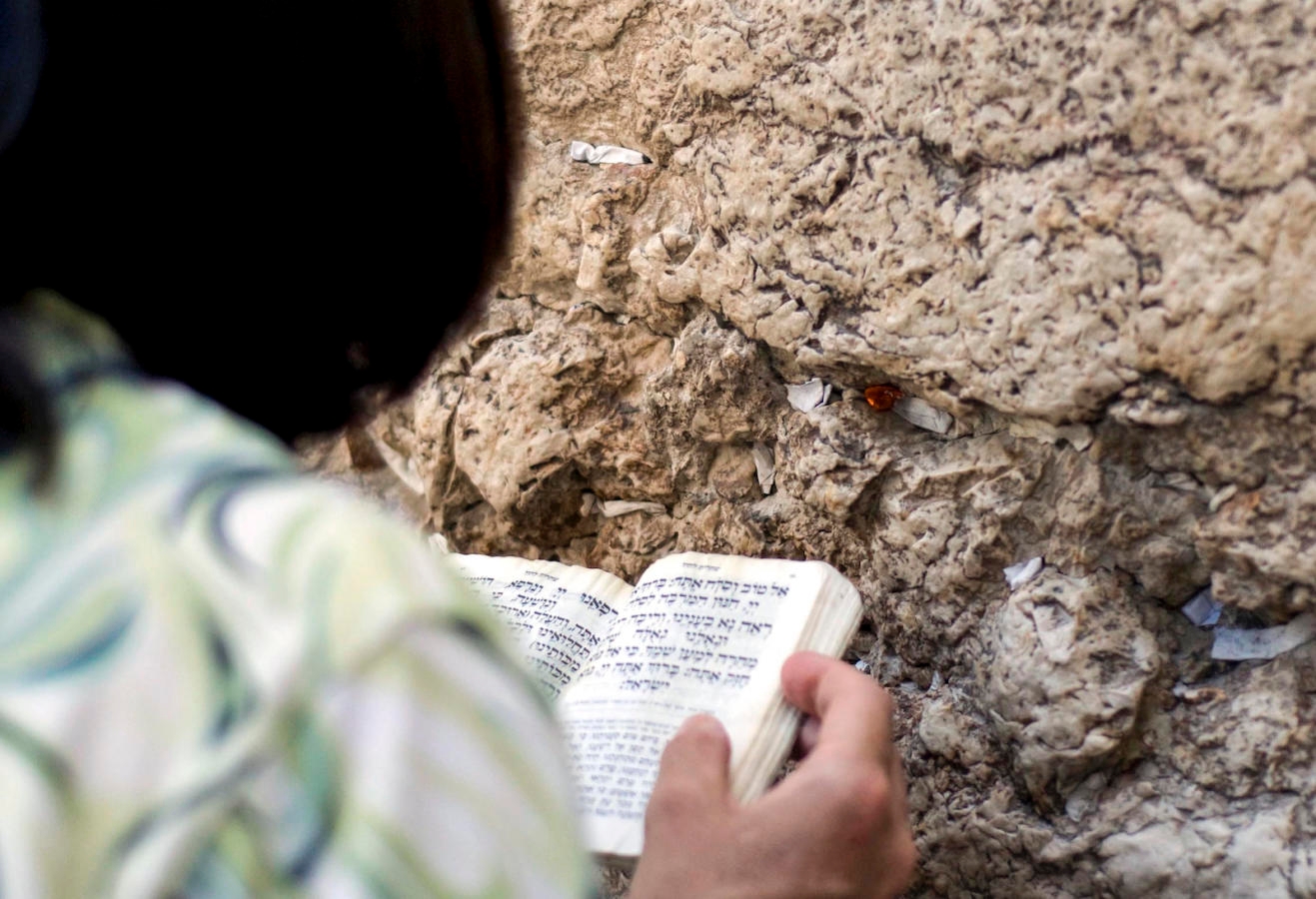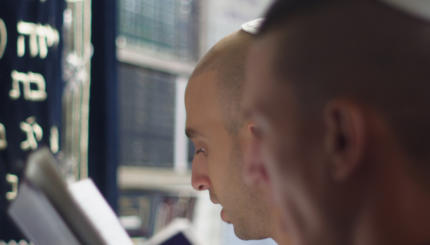The sages taught: “Repent one day before your death.” Since it is impossible to know when we are going to die, we are expected to repent every day as if it could be our last. This principle explains two blessings we say daily in the weekday Amidah that express contrition for our wrongdoings and ask God to forgive us and lead us toward repentance.
The blessings read as follows:
הֲשִׁיבֵנוּ אָבִינוּ לְתוֹרָתֶךָ. וְקָרְבֵנוּ מַלְכֵּנוּ לַעֲבוֹדָתֶךָ וְהַחֲזִירֵנוּ בִּתְשׁוּבָה שְׁלֵמָה לְפָנֶיךָ. בָּרוּךְ אַתָּה ה’, הָרוֹצֶה בִּתְשׁוּבָה
Return us, our Father, to Your Torah, and draw us near, our King, to Your service. Cause us to return to You in perfect repentance before Your face. Blessed are You, O Lord, Who desires repentance.
סְלַח לָנוּ אָבִינוּ כִּי חָטָאנוּ. מְחַל לָנוּ מַלְכֵּנוּ כִּי פָשָׁעְנוּ. כִּי מוֹחֵל וְסוֹלֵחַ אָתָּה. בָּרוּךְ אַתָּה ה’, חַנּוּן הַמַּרְבֶּה לִסְלחַ
Forgive us our Father for we have sinned, pardon us our King for we have willfully transgressed, for You pardon and forgive. Blessed are You, O Lord, Who is gracious and ever willing to forgive.
These benedictions follow the blessing asking God for wisdom and understanding (Ata Chonen), and this is not a coincidence. The intellect directs us to choose how we wish to live, as well as how to forgive. Through this window of self-knowledge, we ask God to pardon and forgive us when we have strayed from the path. God’s forgiveness in turn, allows us to forgive ourselves as well as others who have hurt us.
These two benedictions are the only ones in the Amidah that appeal to God as avinu malkeinu, “our Father, our King,” a turn of phrase associated with the High Holiday liturgy as well as other days of fasting and petition. These words link us to the time of year when we are most conscious of the process of repentance, but they also remind us of our vulnerability every day — not just during the High Holiday season. We appeal to God as a parent to welcome us back with tender loving arms. And we appeal to God as king, to ask for leniency and mercy, even as we are subjected to the rule of law.
The first of the two blessings, Hashivenu, echoes the ways in which we are partners with God, upholding the pillars of creation. As the rabbis taught: “The world stands on three things: Torah, service, and good deeds.” (Pirkei Avot 1:2) The path of return is paved with the study of our holy texts, prayer (“service” in the Talmud refers to prayer), and the transformation that comes with doing for others. Returning to God requires the engagement of mind, spirit, and physical action. Hashivenu reminds us that this triad of tools is never beyond our reach.

Help us keep Jewish knowledge accessible to millions of people around the world.
Your donation to My Jewish Learning fuels endless journeys of Jewish discovery. With your help, My Jewish Learning can continue to provide nonstop opportunities for learning, connection and growth.
The tandem benediction, S’lach Na, adds a physical dimension to the process of return. Reminiscent of the choreography on Yom Kippur, these opening words are recited while beating our heart — not too hard, and no more than two times. This ritual evokes the sensation of contrition and remorse. On a spiritual level, we knock on our heart’s door to soften it and open ourselves to God’s compassion and pity.
The technical language of repentance is also employed in both these blessings. S’lach (forgive) implies beseeching God to forgive our sins, as a child might turn to a parent. M’chal is a legal term, connoting forgiveness of a debt. We appeal to God as a ruler — not only to forgive us, but also to nullify any punishment that would have been meted out for our wrongdoing. Although we may deserve punishment, we appeal to God to accept our repentance nonetheless.
The presence of these two blessings in the Amidah reminds us that repentance and returning to God is a persistent, daily act. The rabbis who penned these prayers wanted us to know that there is always another chance to improve ourselves and our relationship with God and with others. In the quiet space of prayer, we can carve out our good intentions and plan our next step forward. In these moments, we invoke God’s attributes of protection and mercy to help us confront our flaws and change them — not because of who we are, but because of who God is — a gracious and forgiving deity.



